The Surprising Ways Your Body Tells You It Needs Fiber

Are you getting enough fiber in your diet? “Women, between 19 and 50, it’s recommended that they get about 25 grams of fiber [per day], and then over the age of 50, about 21 grams,” Veronica Mullins, an associate professor in the School of Nutritional Sciences and Wellness at the University of Arizona, tells HuffPost. “And men… they need 38 grams at the ages of 19 to 50, and then that goes down to about 30 grams after 50 years.” Not getting enough fiber can show itself in unexpected ways. Here are 7 surprising signs you need more fiber in your diet.
RELATED: This Fiber Habit Helps You Lose Belly Fat.
1
Bathroom Battles
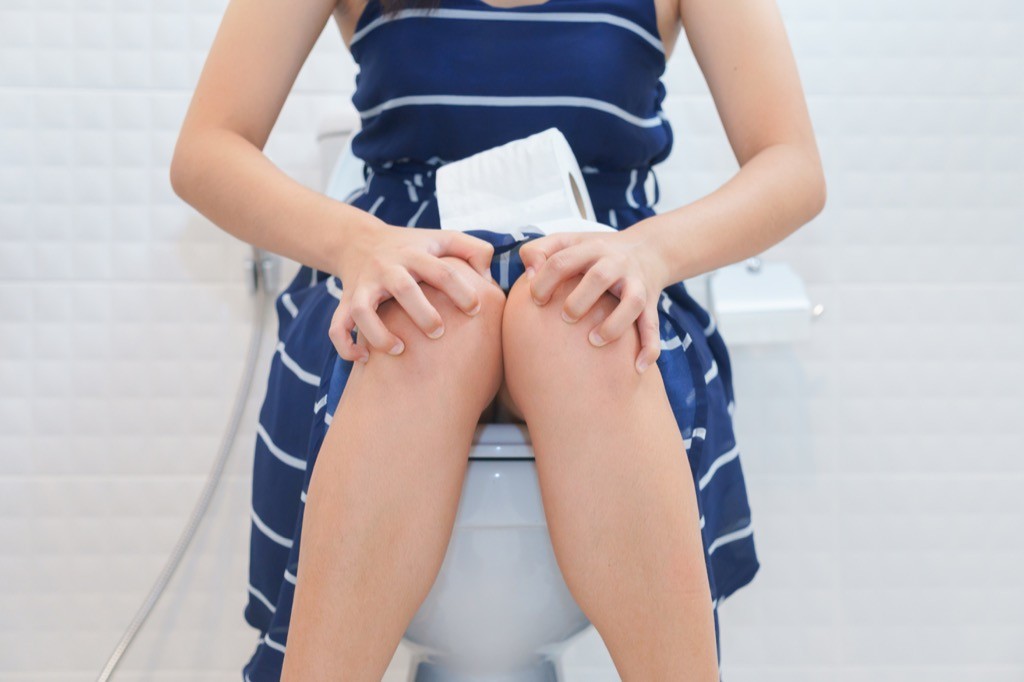
One of the most common symptoms of not getting enough fiber is—surprise surprise—constipation, which might be surprising if you overestimate how much fiber you’re getting. “The number one sign that someone has an inadequate fiber intake is constipation,” Lon Ben-Asher, a registered dietitian at Pritikin Longevity Center in Florida, tells HuffPost. “Inadequate fiber intake makes it a lot more difficult for stool to pass through the GI tract, and it creates more infrequent bowel movements.”
2
High ‘Bad’ Cholesterol
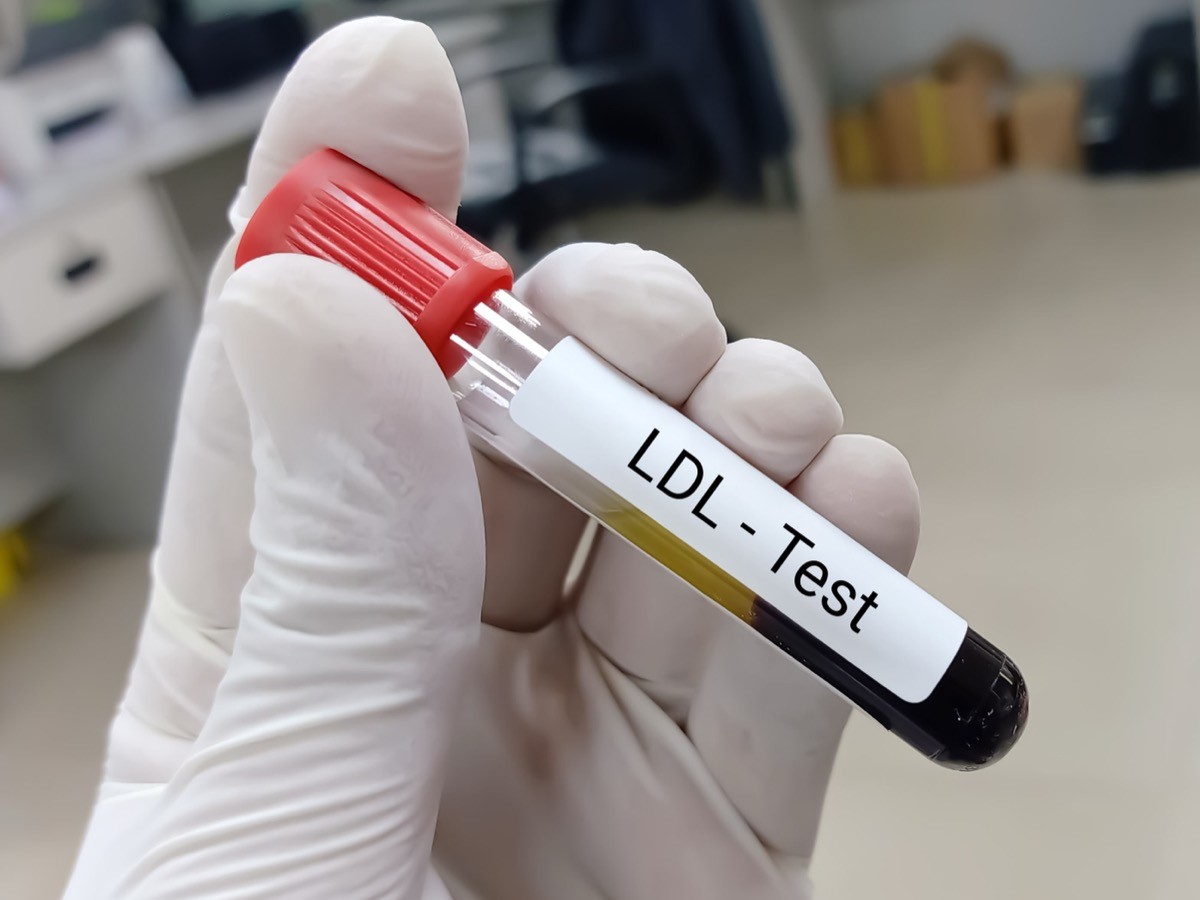
Some studies suggest fiber can help lower cholesterol levels. “As a cardiologist, I always tell patients that lowering their LDL (‘bad’) cholesterol can help prevent cardiovascular disease — and the No. 1 nutrient that can help is fiber. Many foods have soluble fiber, which binds cholesterol in the digestive system and drags them out of the body before they get into circulation,” says Elizabeth Klodas, MD, FACC, via CNBC.
3
Low Energy

Low fiber intake can impact your energy levels. “Whether you’re constantly riding the energy roller coaster or just feel tired and sluggish often, consider it another signal that you need more fiber in your life,” Kim McDevitt, MPH, RD, tells What’s Good by V. “Remember, fiber helps slow the process of digestion and regulates the rate at which your body processes and uses energy. So, when you have too little fiber, your body rapidly uses the energy that you consume, giving you quick spikes of energy. This means that you run out of that energy more quickly and your blood sugar levels drop.
4
Feeling Hungry After Eating
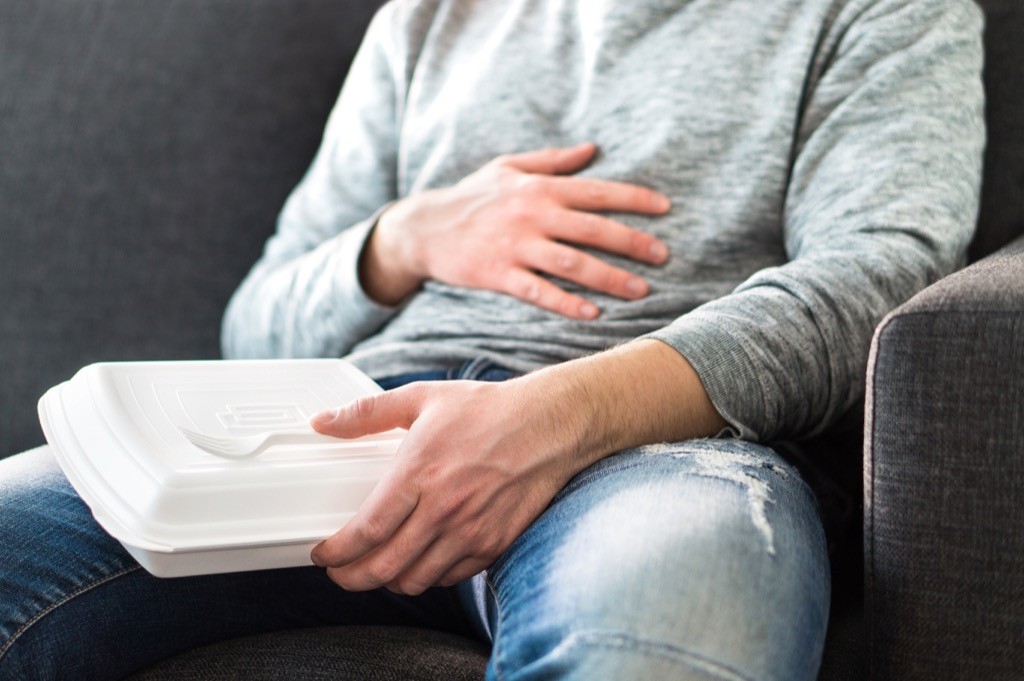
If you constantly feel hungry soon after eating a meal or snack, it’s possible a lack of fiber is preventing you from feeling more full. “One of the signs that you may not be consuming enough fiber is if you feel hungry shortly after eating,” Mullins says. “One of the great benefits of fiber… is that it really helps to make you feel full and to feel full longer. Because fiber isn’t very digestible, it can kind of sit in our stomach for a while and slow down the absorption of other nutrients, which is one of the ways that it helps to regulate blood sugar. But what this also does is helps us to feel full and feel full longer.”
RELATED: Nutritionists Say This Breakfast Is Perfect for Weight Loss.
5
Irregular Bowel Movements
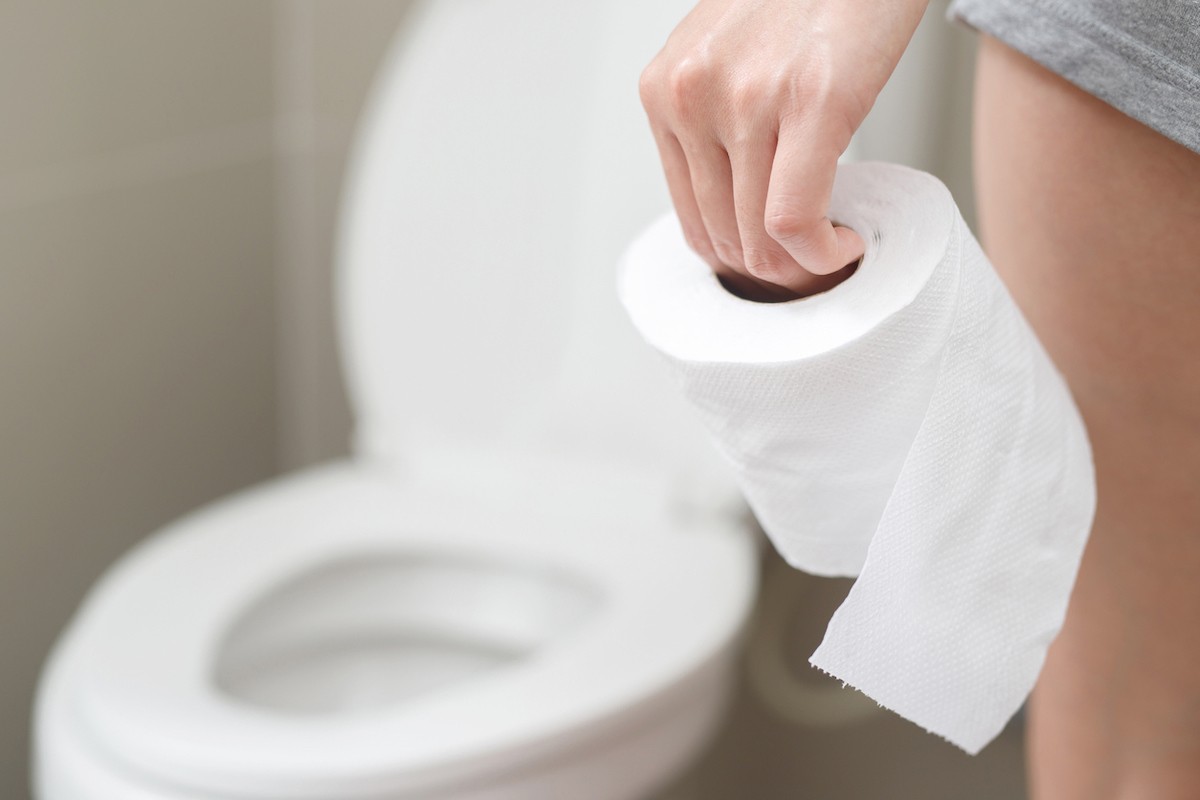
Painful, irregular bowel movements could be a sign of low fiber. “If you don’t go to the bathroom daily, chances are you could benefit from upping your fiber intake,” McDevitt says. “Other telltale signs you’re not getting enough fiber? Harder, pebble-like poops and more discomfort and strain on the toilet. Because fiber both pulls in water and moves food through your system, it helps speed up the passage of fecal matter through—and out of—your body by making it both softer and bulkier.”
6
Blood Sugar Spikes
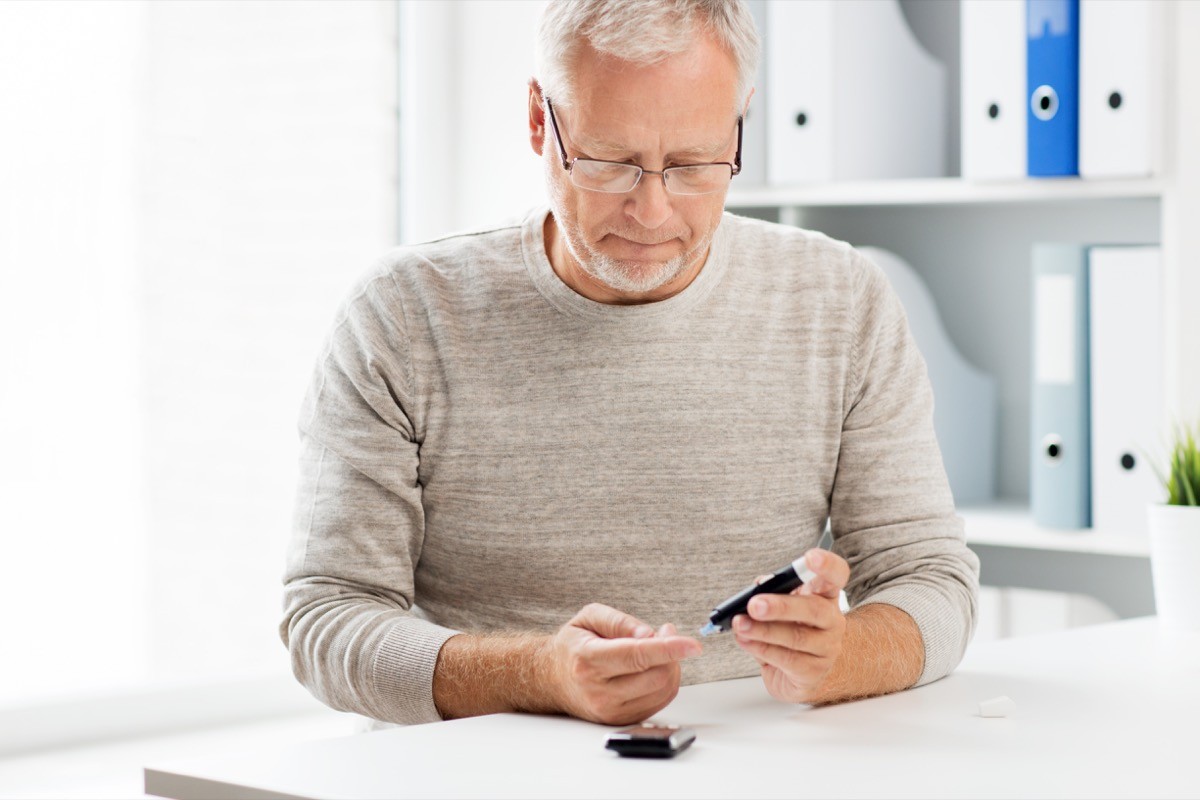
“It takes longer for the carbohydrates to reach the blood system than if one ate pure carbohydrates,” Edward Giovannucci, MD, professor of nutrition and epidemiology at the Harvard T.H. Chan School of Public Health, tells SELF. “The body, especially insulin, can deal better with carbohydrates that are slowly released as opposed to big doses all at once.
7
Cramping and Bloating

Cramping and bloating is another sign you are not getting enough fiber. Upping your fiber intake may help, but do it carefully. “I think it’s really important for people who don’t consume enough fiber… to kind of go slow and steady,” Ben-Asher says. “You want to gradually increase your fiber intake, because if you go from a very low-fiber to a very, very high-fiber diet, the gut and the body is not used to it, and so it has to assimilate, and it takes time.”